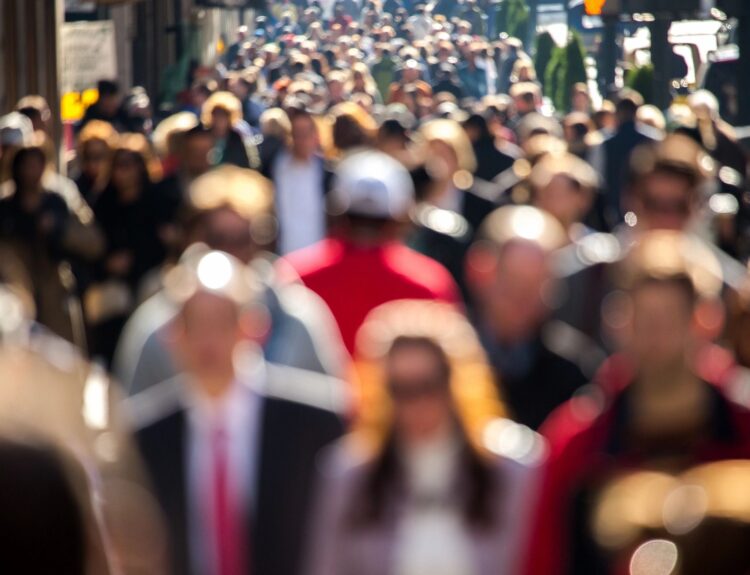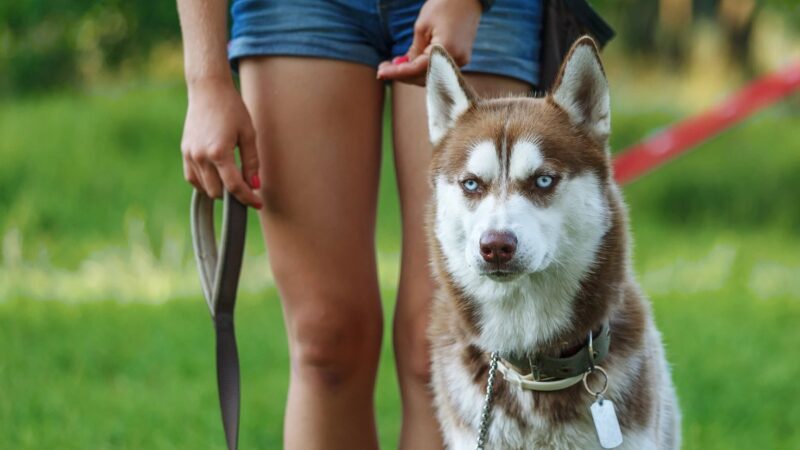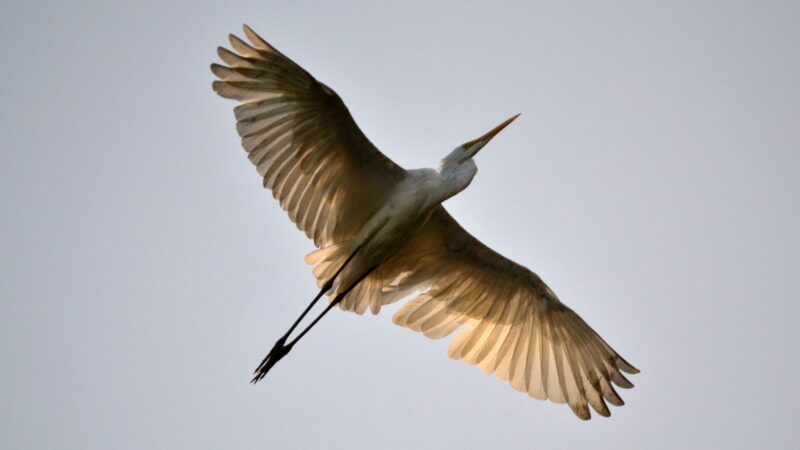Diamonds have long been symbols of luxury, romance, and enduring value. However, beneath their glittering facade lies a complex web of marketing strategies, artificial scarcity, and evolving consumer perceptions. This post delves into the multifaceted world of diamonds, examining their marketing, the notion of fake scarcity, the high price fallacy, inherent worthlessness, the impact of lab-grown diamonds, the role of corporate cartels, and the lessons humanity can learn from the diamond saga. What has made the diamond a lost case of value.
Marketing and the Illusion of Scarcity
The diamond industry has masterfully crafted an image of rarity and exclusivity. Central to this narrative is the concept of scarcity, meticulously engineered to elevate demand and justify exorbitant prices. Companies like De Beers have historically controlled diamond supply, creating an illusion of limited availability making ordinary people spend months of salary on a piece less than a gram in weight. This strategy has led consumers to perceive diamonds as rare treasures, reinforcing their desirability and high value.
Diamonds are often associated with high prices, leading many to equate cost with quality and value. However, this correlation is largely a construct of strategic marketing. The perception that higher prices denote superior worth has been ingrained in consumers through decades of advertising and societal conditioning. In reality, the intrinsic value of diamonds does not proportionally align with their market prices, challenging the notion that high cost inherently signifies high value.
Inherent Worthlessness: Beyond Hardness
While diamonds are celebrated for their unparalleled hardness and brilliance, their inherent worth is subjective. Beyond industrial applications and aesthetic appeal, diamonds offer little functional value. Their status as symbols of wealth and status is a societal construct, not an inherent attribute. This realization prompts a reevaluation of the true worth we assign to these gemstones.
Advancements in technology have led to the emergence of lab-grown diamonds, which are chemically and physically identical to natural diamonds but can be produced at a fraction of the cost. This innovation has disrupted traditional diamond markets, leading to a significant decline in prices. For instance, lab-grown diamond prices have plummeted by 74% since 2020, challenging the established pricing structures of natural diamonds. The loss of inherent uniqueness and rarity has truly made them a lost case of value.
Diamonds as Investments: A Reassessment
Historically, companies like De Beers have exerted significant control over diamond supply, operating as a de facto cartel. This control allowed them to influence prices and maintain the illusion of scarcity. However, with the rise of lab-grown diamonds and changing consumer preferences, the traditional cartel model faces challenges, leading to shifts in market dynamics and pricing strategies.
Diamonds have often been marketed as sound investments, with promises of appreciating value over time. However, recent market trends suggest otherwise. The proliferation of lab-grown diamonds and the subsequent price declines have undermined the investment narrative. Consumers are now questioning the wisdom of investing in diamonds, given the market’s volatility and the emergence of more affordable alternatives.
Lessons for Humanity: Rethinking Value and Consumption
The diamond industry’s trajectory offers valuable lessons:
- Critical Consumerism: Consumers should critically assess marketing messages and understand the forces shaping product value and pricing.
- Environmental Awareness: Both natural and lab-grown diamond productions have environmental impacts, necessitating sustainable practices.
- Value Reevaluation: Society should reconsider the values placed on material possessions and recognize the influence of marketing on perceptions of worth.
- Investment Caution: Investing in commodities tied to artificial scarcity and volatile markets requires careful consideration and research.
Diamonds, once the epitome of luxury and enduring value, are now at the center of a paradigm shift. The interplay of marketing, artificial scarcity, technological advancements, and changing consumer perceptions has transformed the diamond landscape. As we navigate this evolving terrain, it’s crucial to reflect on the lessons presented by the diamond industry’s evolution, fostering a more informed, conscious, and sustainable approach to consumption and valuation.












